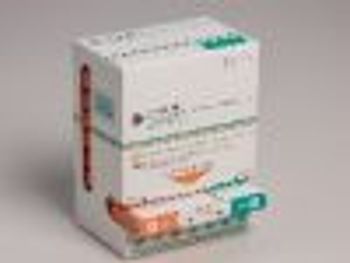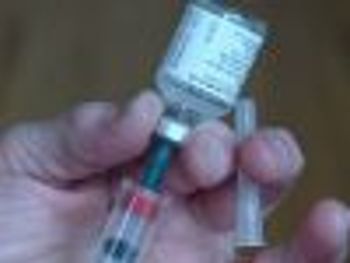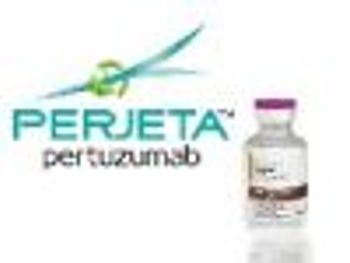
A veritable alphabet soup of hypertension guidelines have been released over the past year. Here is what you need to know.

A veritable alphabet soup of hypertension guidelines have been released over the past year. Here is what you need to know.

Two case studies in cold chain failure offer insights into preventing catastrophic public health consequences through simple precautions.

Several new treatments for COPD are in development.

Over approximately 1 year, evolocumab reduces cholesterol levels by 61% and reduces cardiovascular event rates by 53% in patients with hyperlipidemia when used in conjunction with standard therapies.

Globally, from Tunisia to the United States, underuse of digital temperature loggers leads to loss of product potency and efficacy for patients.

Regulatory agencies recommend continuous temperature tracking with digital devices over traditional analog models.

Bipolar disorder can be managed with a variety of FDA-approved pharmacologic treatment options.

In light of misrepresented statistics and overstated fears about statin-related adverse events, here are 3 of the biggest myths your patients may have heard about these life-saving medications-and the facts

Researchers report results of a novel silk protein to help make pharmaceuticals less susceptible to heat-related product loss, highlighting the importance of proper cold chain conditions.

Almost all women and seniors with atrial fibrillation should be receiving blood thinners, advises a new analysis of updated clinical practice guidelines.

From supplying super-specialized implants to getting a new product on pharmacy shelves within hours of approval, distributors have an important role in health care.

Specialty pharmacies need to ensure that certain protocols are in place for product shipment and storage.

The clinical risk calculators incorporated into dyslipidemia treatment guidelines may overestimate a patient's risk of experiencing a cardiovascular event.

Following widespread concerns about counterfeit pharmaceuticals in the early 2000s, the FDA and individual states began reconsidering the design of the pharmaceutical supply chain.

Viekira Pak is an all-oral regimen that has been approved by the FDA for the treatment of genotype 1 chronic hepatitis C virus infection.

As Rx products go over the counter, pharmacists need to be ready to help consumers.

Use of appropriate technology in the pharmaceutical supply chain can help reduce costs to organizations and improve care for patients.

Although teixobactin is ineffective against most gram-negative organisms, its potent activity against gram-positive organisms, including vancomycin-resistant enterococci, may help delay the postantibiotic era by decades.

In May 2014, the Centers for Disease Control published a guideline document to help pharmacists and other health care professionals avoid common pitfalls of vaccine cold-temperature storage that may affect the efficacy and safety of vaccines.

At the 68th annual meeting of the American Epilepsy Society (AES) in Seattle, Washington, researchers Brian Litt, MD, Eugen Trinka, MD, MSc, and Kristen Park, MD, discussed important innovations and therapeutic considerations in epilepsy.

Improper vaccine storage is surprisingly common and may be one cause of the rising incidence of vaccine-preventable diseases across the United States.

Specialty pharmacies offer a unique distribution model that, unlike more restrictive product distribution models, enables manufacturers to track product use in real time without having a substantial negative effect on patient access.

Purchasing and distributing supplies traditionally accounts for less than half of a health system's operating costs. Over time, that proportion has increased, necessitating optimization of product distribution systems.

One important reason for maintenance of Saturday delivery by the United States Postal Service was the importance of weekend delivery in the supply of medications through mail-order pharmacies.

The use of closed-system drug transfer devices can help protect pharmacists from potential harm from exposure to hazardous drugs, such as chemotherapeutic medications.

Perjeta (pertuzumab) is now approved for the neoadjuvant treatment of breast cancer.

To curb an estimated 6% to 11% increase in Medicare Part D spending, 3 states have already placed limitations on which patients with chronic hepatitis C are candidates for treatment with novel antiviral agents.

New guidelines seek to address inconsistency in the approach to treatment.

Cimetidine has clinically important benefits in improving colon cancer survival and preclinical evidence shows that this benefit may extend to other types of cancer.

Researchers at the American Epilepsy Society meeting reported important strides in the understanding of epilepsy, including identification of new therapeutic targets in the brain, as discussed by Esther Krook-Magnuson, PhD, as well as improved understanding of the factors involved in sudden death of patients with epilepsy, and a greater recognition of the benefits of neurosurgery in patients with epilepsy.